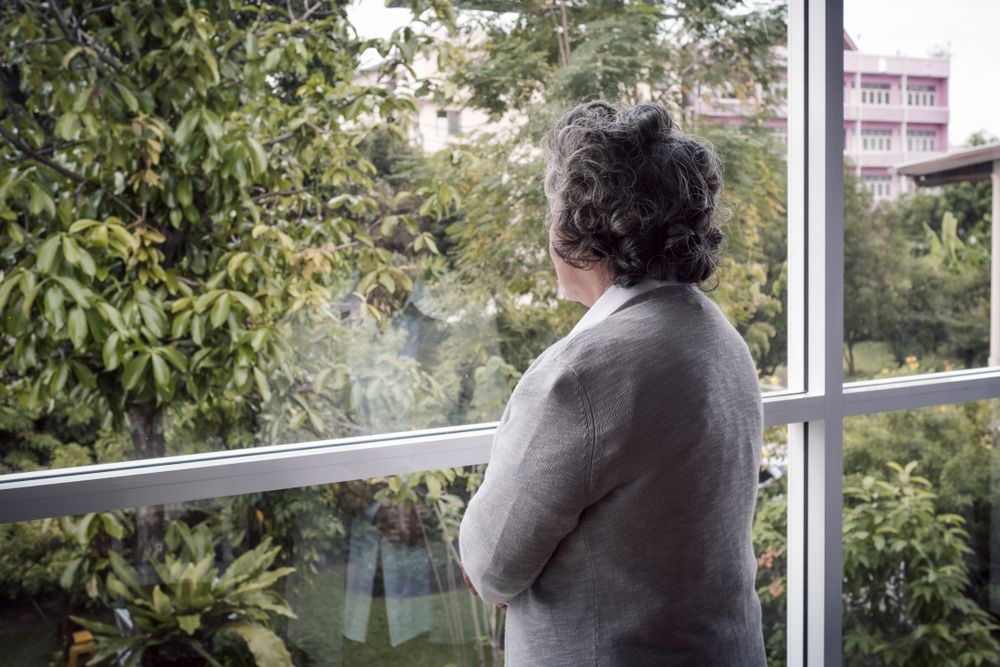All posts
Signs of neglect in older people
Every person, no matter how old they are, deserves to feel safe and cared about by their family, partner, friends, and carers. Neglect is the failure to provide someone with necessities such as food, shelter, or medical care – or preventing someone from accessing these necessities. The neglect of older people is a form of […]


Every person, no matter how old they are, deserves to feel safe and cared about by their family, partner, friends, and carers.
Neglect is the failure to provide someone with necessities such as food, shelter, or medical care – or preventing someone from accessing these necessities.
The neglect of older people is a form of elder abuse.
In this blog post, we’ll discuss signs of elderly neglect, why seniors are vulnerable to neglect, and what resources are available for someone experiencing neglect.
1. Inadequate clothing
Inadequate clothing may be clothes which are unclean, damaged, or inappropriate for the weather.
2. Lack of medical or dental care
An older person lacking medical or dental care may indicate neglect.
Preventing someone from receiving care from anyone else, including healthcare providers, is an abusive behaviour.
Examples of lack of medical or dental care include:
- Tooth decay or cavities
- Missing or chipped teeth
- Consistent complaints of being in pain
- Sick, but has not gone to the doctor or received care
- An ongoing medical problem that is not being addressed.
3. Absence of required medical aids or devices
Is the older person missing their required medical aids such as hearing aids, walker, dentures, or medication? These may be signs of neglect which need to be addressed immediately for the health and safety of the older person.
4. Poor personal hygiene, unkempt appearance
Untended hygiene or appearance may include unbrushed hair, unbrushed teeth, dirty skin or nails, or body odour.
5. Injuries that have not been properly cared for
Bleeding wounds, infections, or untreated broken bones can be a sign of neglect. In any case, the person is not receiving proper care and will require immediate support.
6. Complaints of it being too hot or too cold in their home
If the older person is complaining about the temperature in their home, it may indicate there isn’t proper heating or air con, or that they are restricted from using these utilities.
Especially in Queensland, not using the air con can be extremely dangerous for older people. Usage of air con and fans should not be restricted.
7. Living in unsafe, unhealthy, dangerous, or unsanitary living conditions
Improper living conditions may include:
- Mould
- Unsecure entryways
- Broken or faulty alarms
- Damage to the home that has not been addressed
- A disabled person living in a home that isn’t disability-friendly.
8. Unexplained weight loss, dehydration, poor skin integrity, or malnutrition
These signs may indicate neglect in the form of improper nutrition. A carer should provide, or ensure access to, enough healthy food and clean drinking water.
What makes older people vulnerable to neglect?
Sometimes older people become less able or unable to look after themselves. It’s normal for an older person to depend on someone else for care, such as a family member, aged care staff, or a hired caretaker.
When one person is dependent on another, there is unfortunately potential for abuse and neglect.
The person experiencing abuse may be afraid to reach out for help, or may not even realise they’re being abused. That’s why we should all look out for these signs of neglect in our older loved ones.
Support is available
Did you know that one in six older Australians have experienced abuse in the past year? However, only one in three seek help.
There is no shame in reaching out for support.
The Senior Relationship Services (SRS) offer free support and referrals to older Queenslanders. Our Elder Abuse Prevention and Support Service (EAPSS) helps older folks who are experiencing elder abuse, including neglect.
If you or an older person you know may be a victim of elder abuse, our experienced staff are here to help. We can help you explore your concerns and possible solutions in a safe and supportive environment.
You can learn more about our Elder Abuse Prevention and Support Service here, or call 1300 063 232.
Want to receive updates on our Senior Relationship Services blog posts?
Back to all posts